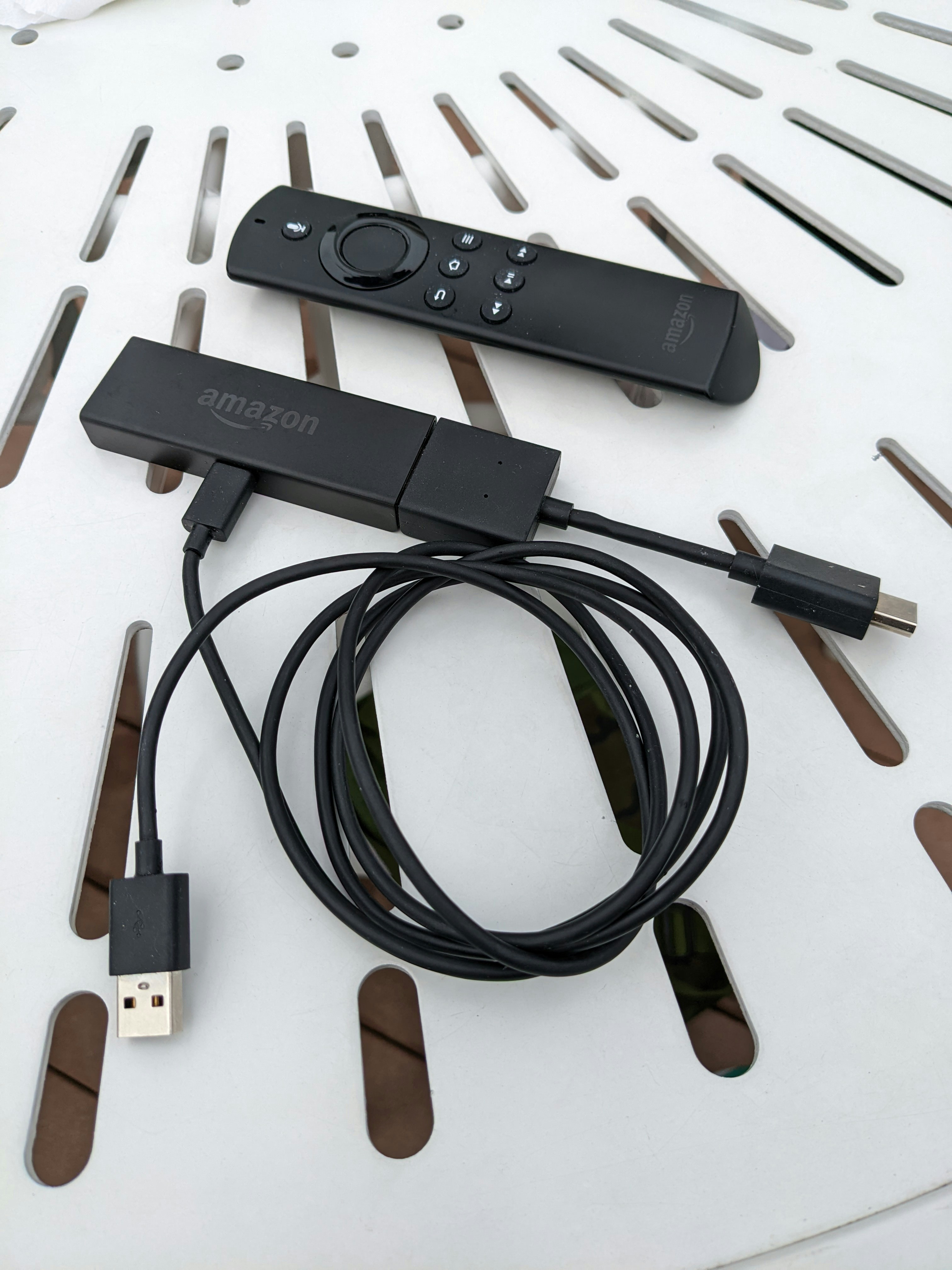The Big Shift in Meta’s VR Strategy
Meta has officially turned its Horizon OS into an open platform. That means it’s no longer limited to Quest headsets. In 2025, the company announced that other VR manufacturers can now build their own hardware powered by Horizon OS.
Thank you for reading this post, don't forget to subscribe!
This change marks a bold step for Meta, signaling a shift toward a shared ecosystem rather than a closed system. Because of this, users can expect more device options, more innovation, and better integration across brands.
What Horizon OS Means for VR Developers

Opening up Horizon OS is a huge win for developers. Previously, most creators had to publish apps only through Meta’s Quest Store. Now, with a broader ecosystem, studios can design for multiple headsets while still tapping into Meta’s spatial computing tools.
In addition, Meta Horizon OS supports OpenXR standards, making app compatibility much smoother. As a result, developers can move their experiences between Meta, HTC, or even Lenovo VR headsets with minimal changes.
Third-Party Partners Already Joining
At launch, companies like ASUS, Lenovo, and HP confirmed partnerships to release new headsets built on Horizon OS. For example, ASUS ROG is creating a gaming-focused model, while Lenovo is working on an enterprise edition aimed at virtual meetings and design.
Meanwhile, Meta continues to refine its own hardware line, ensuring that all devices remain cross-compatible. Because of these partnerships, users can soon choose the headset that fits their needs—without losing access to Meta’s Horizon ecosystem.
Horizon OS Features and Improvements
The 2025 update introduces several key improvements:
- Meta Accounts Integration: Seamless login and cross-device sync.
- Spatial Anchors 2.0: Improved real-world object mapping for mixed reality.
- AI Voice Navigation: Faster access through Meta’s new on-device assistant.
- Cross-Store Support: Developers can publish apps outside Meta’s own store.
These changes make Horizon OS more flexible and open than ever before. In addition, Meta promises stronger privacy settings, giving users full control over data sharing and permissions.
The Bigger Picture: Meta’s Metaverse Vision
This move is not just about software—it’s about ownership of the metaverse’s foundation. Meta’s open platform could become the Android of VR, empowering more brands to join rather than compete separately.
Because of that, we might see faster hardware growth and lower prices across the board. In the long run, Meta wants Horizon OS to be the default layer that connects people, apps, and digital spaces in real time.
Why It Matters in 2025
The timing couldn’t be better. As the world shifts toward AI-driven spatial computing, open platforms ensure more creativity and accessibility. By allowing others in, Meta is building a larger, more sustainable VR future—one where competition fuels innovation instead of limiting it.
Internal Links:
- Read more about Tech Innovation 2025
- Explore future VR trends on Dkolla Tech
External References:
- Source: Meta Newsroom – Horizon OS Announcement
- Reference: The Verge – Meta Opens Horizon OS
- Insight: TechCrunch – Meta’s Open VR Ecosystem


Pingback: OnePlus 15R India Launch Date Confirmed: Mid-December 2025